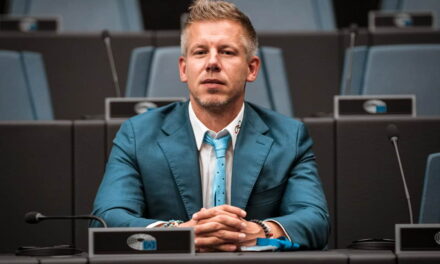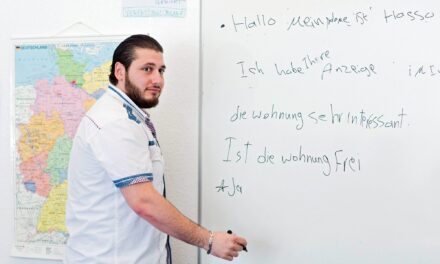Reactions also came from Peru, the United Kingdom, the Netherlands, Germany and Japan, and many foreign intellectuals are standing up for Balázs Orbán and the protection of science, research and professional performance.
Gábor Polyák, associate professor of the Department of Media and Communication at ELTE, director of the Institute of Art Theory and Media Research, recently expressed on his private social media page how he feels after 444 wrote the doctoral dissertation of the prime minister's political director, Balázs Orbán, the only ELTE this year at the Faculty of Law, which was issued by the Academic Doctoral Council (TDT) with a non-unanimous decision to initiate a doctoral procedure.
Hungary, 2024, university diagnosis: If you are from Fidesz, you cannot get a doctorate here!
Then it quickly became clear that behind the non-unanimous decision there were political reasons, not professional ones.
Meanwhile, the university issued a dissociative statement stating that
"they dissociate themselves from any expression that qualifies the professional work of the citizens of Eötvös Loránd University based on their political views and involvement in public life, or questions the right of anyone to study or research at our university on political grounds. ELTE rejects expressions that question the freedom of research and professional performance on political grounds or on the basis of other exclusionary aspects".
When Polyák later defended himself with that , he is angry, but not exclusionary, discriminating on political grounds - adding: "Balázs Orbán is not a simple Fidesz voter, not a simple Fidesz representative, but he is the Prime Minister's political advisor. He is personally responsible for the fate of our university, and we, the community of university citizens, voluntarily participate in his games".
The case surrounding the doctoral dissertation defense of the Hungarian prime minister's political director has also become a topic in international forums.
Doug Stokes writes about all this in The European Conservative, stating that the stakes in Balázs Orbán's ELTÉ case are greater than the scientific progress of a single person:
intellectual freedom is at risk.
Stokes draws attention to a worrying trend that affects not only the United Kingdom, but also other parts of Europe. The academic sphere is under attack, which he sees as part of a global culture of censorship and "cancel culture". The English-speaking mouth's post was shared by many people, agreeing with the thoughts expressed by Stokes.
The German-Hungarian writer and screenwriter Eduárd Habsburg is not at all surprised that someone is trying to undermine a doctoral thesis written by a patriotic politician on political grounds.
Miklos Lukacs de Pereny also writes on X, although he has not read Balázs Orbán's thesis, but he is sure that it is based on professional foundations and is able to defend the claims contained in it.
Rob Roos , a Dutch right-wing politician and former member of the European Parliament, notes the following on his X page :
"a left-liberal university in Hungary - where "morality" means that we silence ideas and people we don't like".
Spanish lawyer Ballester Esquivias Rodrigo María shares a post on his own page - similar to Roos's commentary - Boghossian otherwise writes that until now only US institutions have been characterized by ideological exclusion. So far.
Stephen R. Nagy addresses it in his post about the professor of politics and international studies, it is a global problem when students and professional works are boxed in on ideological and political grounds.
David P. Goldman , the influential publicist of The Asia Times, also devotes a post to the case, indicating that the freedom of science is in danger.
Featured image: Zsófi Szollár / Index













